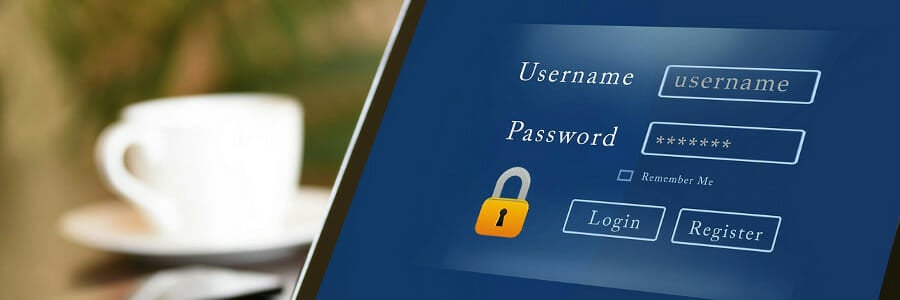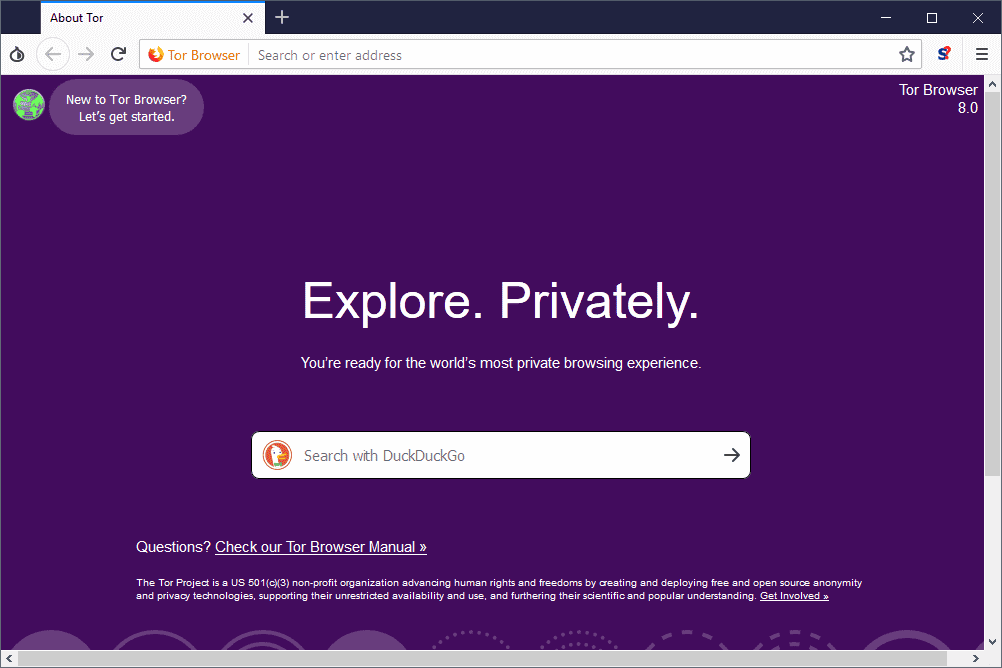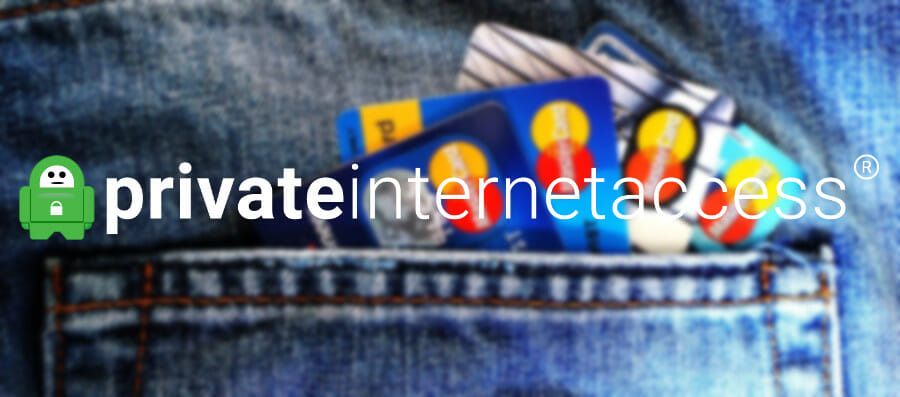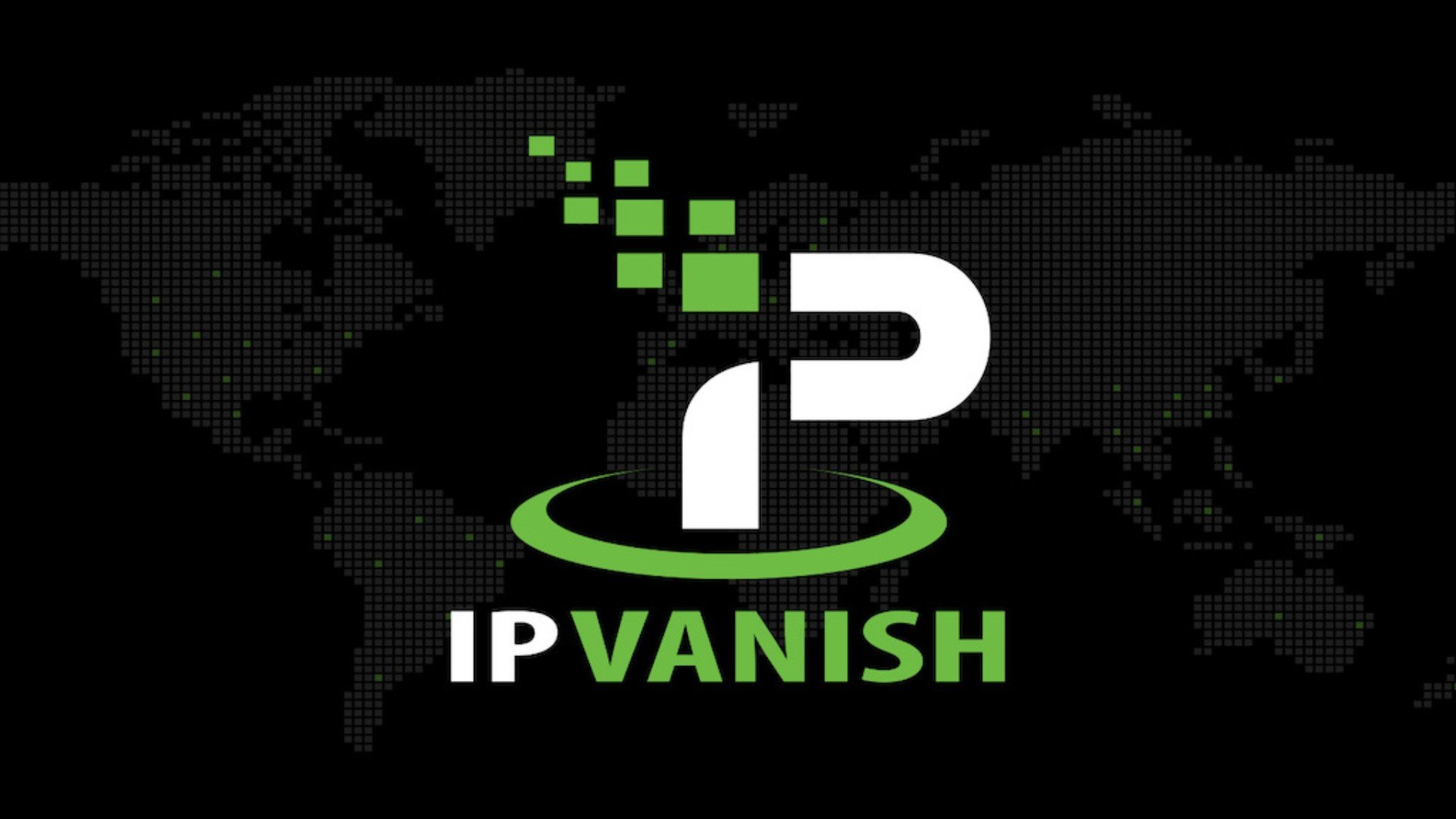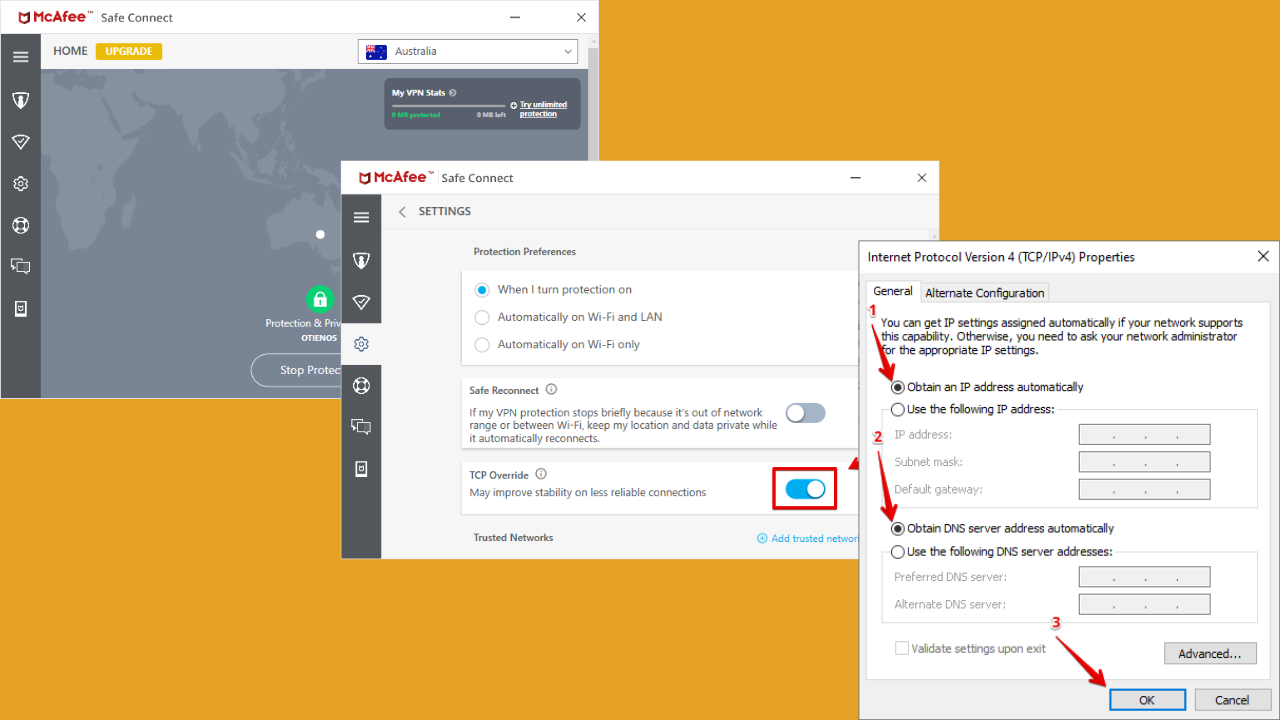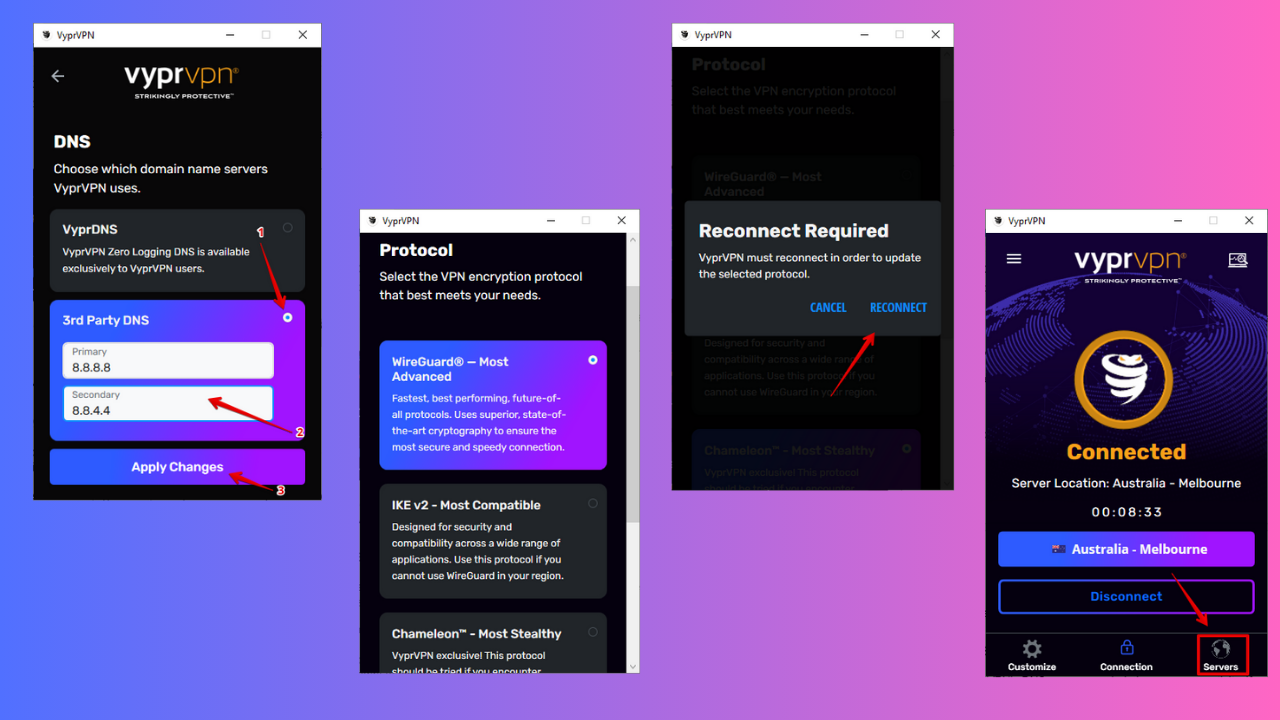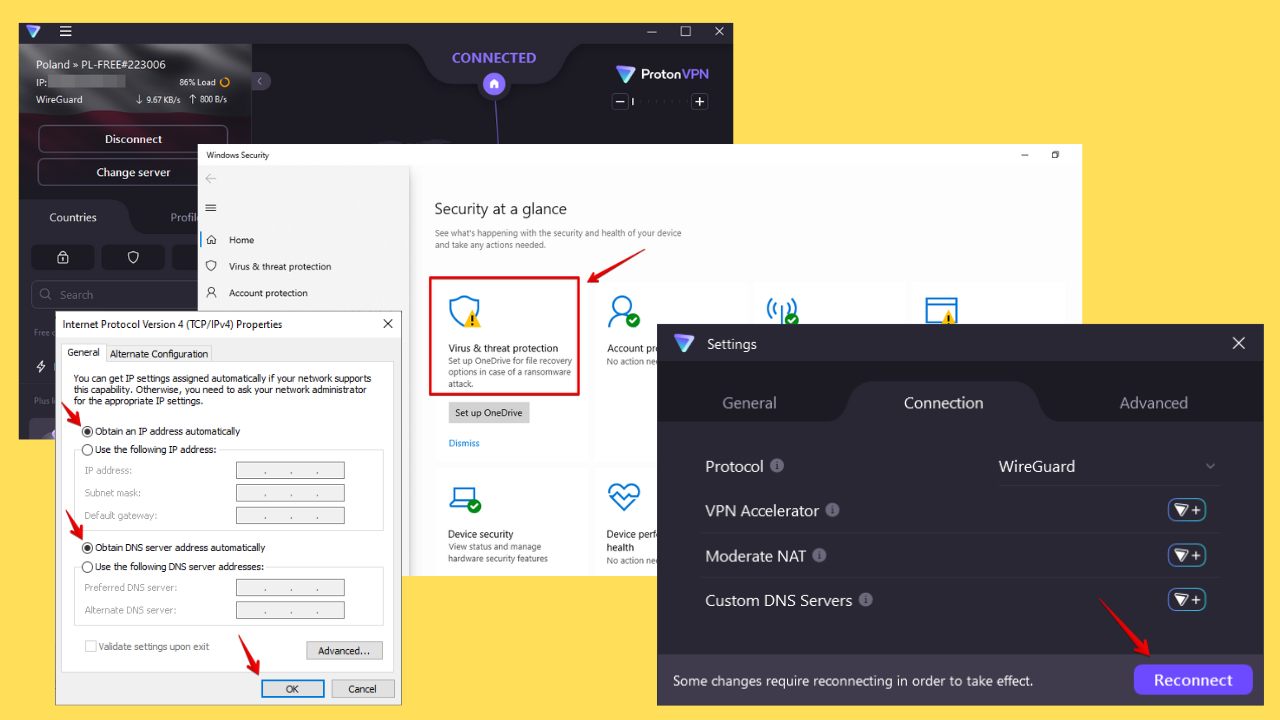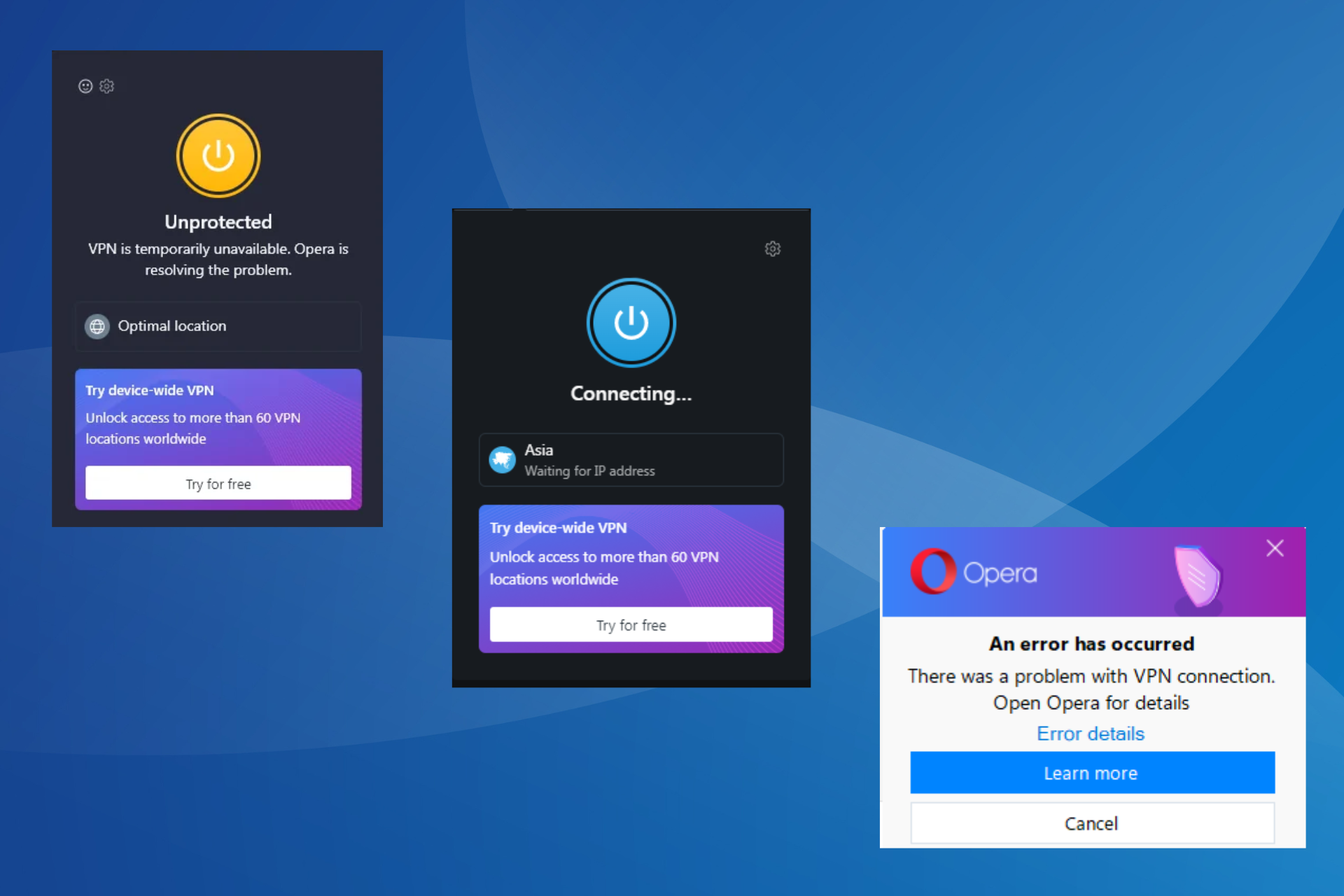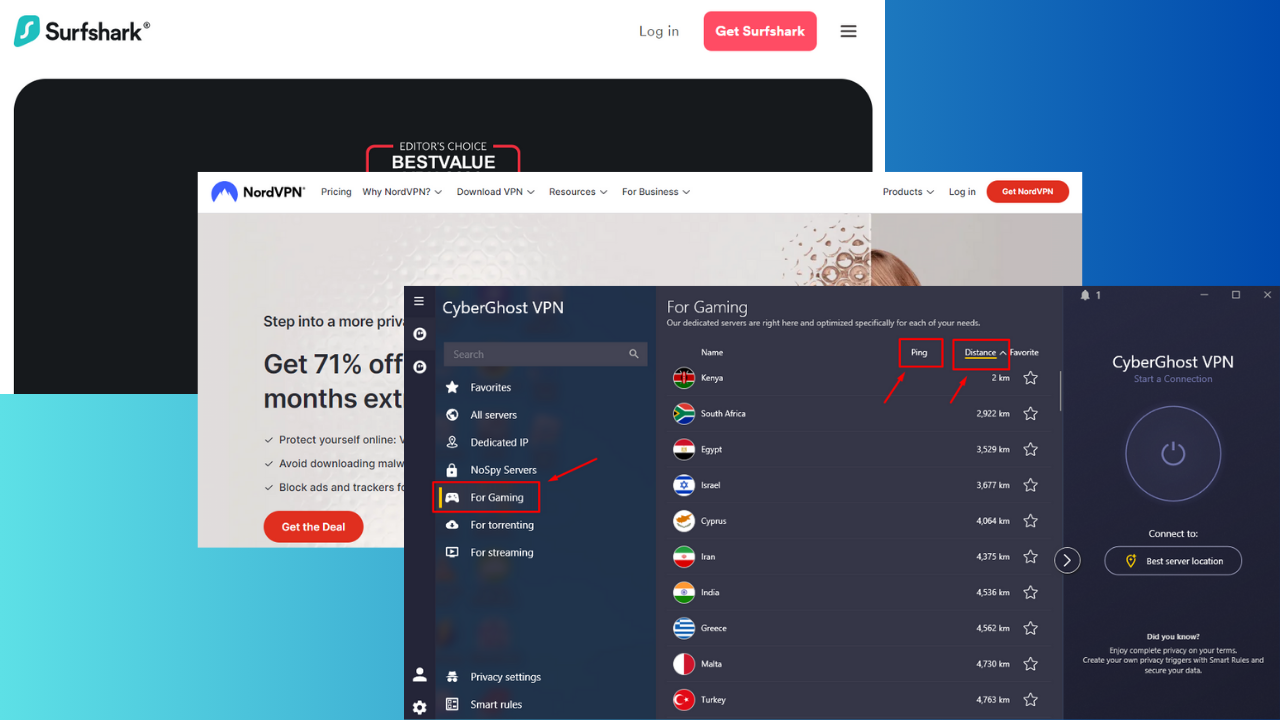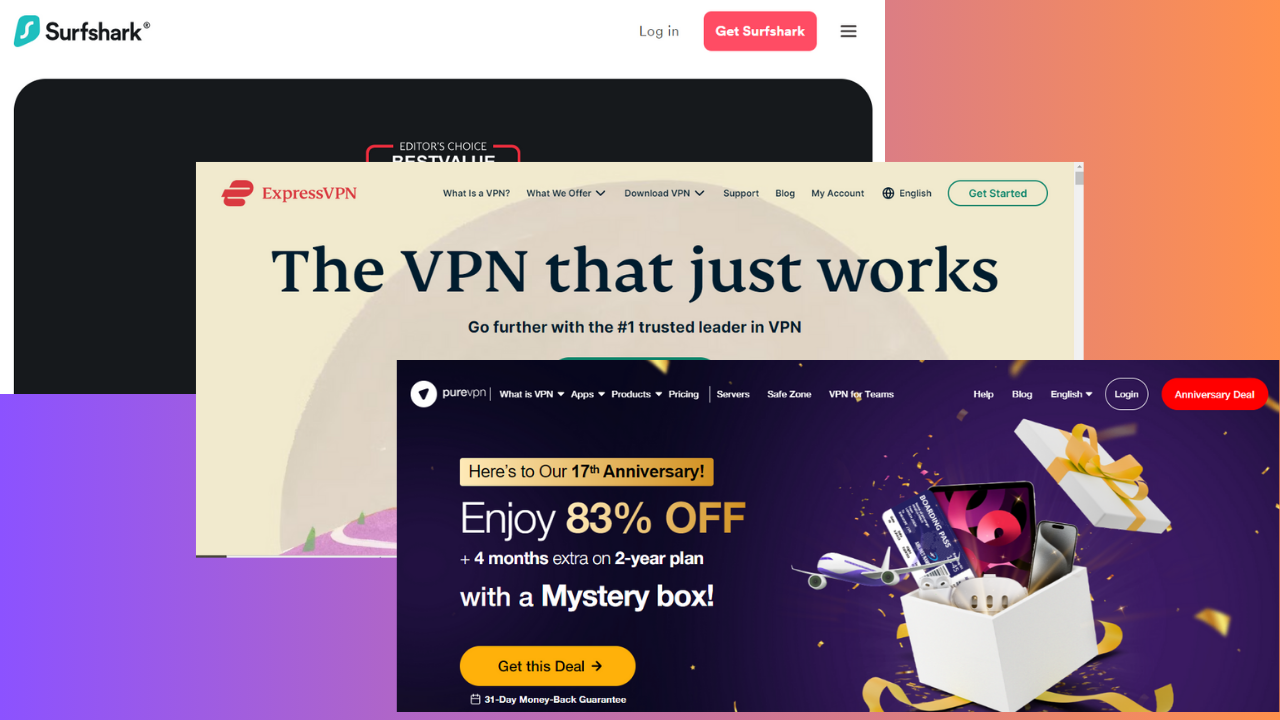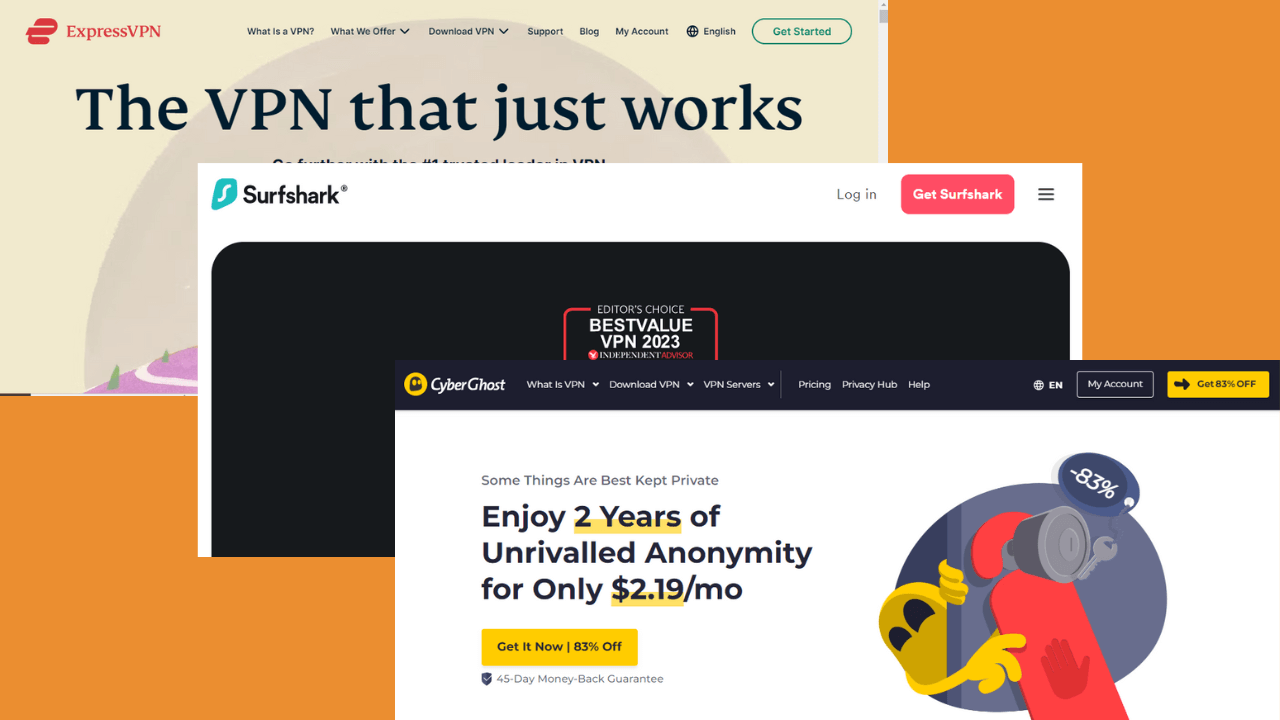Is VPN safe for online banking? [Complete guide]
6 min. read
Updated on
Read our disclosure page to find out how can you help Windows Report sustain the editorial team Read more
Key notes
- If you use online banking, you might be wondering if a VPN can make the entire experience feel safer. Find out why you should use a VPN for Internet banking anywhere in the world.
- Discover 6 simple ways to correctly use a VPN for safe banking on the web by understanding what a virtual private network solution can and can't do.
- To learn more about this topic, check out our Online Banking section.
- Join our Security Hub to see what else you can do with a VPN.
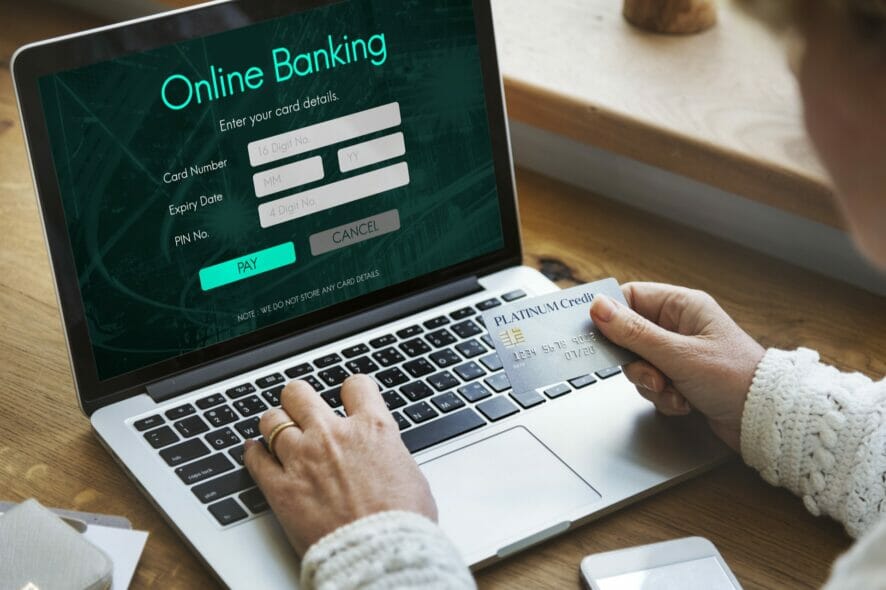
Online banking is a risky business because you have to enter your login credentials and credit card info on the web. If you’re directly connected to the Internet, you might accidentally leak them and compromise your data. But you can use a VPN to stay safe.
A virtual private network creates a secure tunnel and uses it to isolate your data traffic from the public web, all thanks to encryption. In case of a man-in-the-middle attack, a hacker might obtain your data but can’t unscramble it.
Should you use a VPN for online banking?
Yes, you should definitely use a VPN for online banking since it makes you safer on the Internet.
Although most banks are doing the best they can to make you feel as safe as possible when making online transactions, sometimes they fail.
Internet banking is particularly dangerous during the COVID-19 pandemic when most people stay home and pay taxes or shop exclusively online. But a VPN helps a lot.
Here are some legit reasons why you need a VPN for online banking:
- Keeps you safe from cybercriminals when using public Wi-Fi hotspots.
- Amps up your security level when traveling and connecting to the airport, hotel, or restaurant Wi-Fi.
- Shields your mobile apps since they’re most vulnerable to hacker attacks.
- Adds an extra layer of security to your home network and protects your router.
- Excellent in combination with HTTPS websites.
How to use a VPN for safe Internet banking
1. Say no to free VPN
A VPN is only as good as its privacy policy. If you stumble upon a legit service with a strict, no-logging policy, that’s great! But you can’t trust a free VPN with your data. In fact, it’s safer to use online banking without a free VPN.
Even if the VPN provider won’t collect your data, there are still dangers since free mobile apps are usually ad-supported. Any ad or banner to a third-party website is a door left open for malware injections. But a premium VPN is worth it.
2. Don’t use VPN servers from other countries
If your bank is actually doing a good job and monitoring your account for any suspicious activity, it will flag and freeze it if you try to connect from another country. Plus, it will probably call you soon to let you know.
Clearing this issue with the bank BEFORE won’t do you any good if you keep connecting to various countries through the VPN. And it’s never a wise idea to ask your bank to stop doing this, in case an authorized user actually attempts this.
Instead, limit your VPN server options inside your own country. It doesn’t matter which one you use, anyway, since all bring the same level of security.
3. Set the VPN‘s security settings to the max
VPNs have numerous benefits, like circumventing geoblocks and unlocking streaming services like Netflix. But, when it comes to online banking, what you’re looking for is the highest level of security.
Set your VPN service to use a highly secure protocol, like OpenVPN with 256-bit military-grade encryption, WireGuard, or SSTP. Keep in mind that more encryption means a slower connection.
If you have trouble maintaining your Internet connection stable over VPN, dial it down a notch until you find the balance between encryption and speed. Whatever you do, never use a VPN over PPTP or L2TP because they provide low security.
Besides encryption, enable the app’s kill switch, activate its built-in ad and malware blocker, and switch to its private DNS servers, depending on what features are supported by the VPN service (unlike encryption, they won’t slow you down).
4. Don’t use weak passwords or turn off 2FA
A VPN can’t keep your online banking account safe from illegal logins, so don’t compromise when it comes to passwords and two-factor authentication. Set a strong lengthy password made out of a random combination of uppercase and lowercase letters, numbers, and symbols (or use a password generator).
If you have trouble keeping up with your passwords, use a reliable password manager to keep track of them, especially since it’s recommended to change them often. Furthermore, check if you have two-factor authentication enabled.
5. Use a secure browser
Unless you use a mobile app to access your banking account, consider switching to a secure web browser for online banking. You don’t have to get rid of the current browser if you’re fond of it since you can install a new one to use for banking purposes, such as Tor Browser, Brave, or Firefox.
6. Use security-focused browser addons
If you want to continue using your current web browser, even if it’s unsafe, you can amp up its security level by turning to security-focused extensions like DuckDuckGo Privacy Essentials, Ghostery, Privacy Badger or HTTPS Everywhere.
What’s the best VPN for safe online banking?
Made by Kape Technologies, Private Internet Access (PIA) is the top-ranked VPN for Internet banking, thanks to its excellent security features. It uses OpenVPN with up to 256-bit military-grade encryption to redirect your entire network traffic through VPN.
PIA also supports the newer WireGuard protocol. And, if you want to raise the bar, you can connect to a second VPN location through Shadowsocks or SOCKS5 proxy. However, as we previously mentioned, it’s not advisable to connect to another country.
This VPN app has its own ad and malware blocker for web browsers called PIA MACE, which keeps you safe from phishing and other scams. It runs private DNS servers and cuts off your Internet access in case the VPN connection drops to ensure your data isn’t compromised.
What else you must know about PIA:
- Fully transparent with a zero-logging privacy policy
- No IP, DNS, or WebRTC leaks
- Works with Windows, Mac, Linux, iOS, Android, routers
- Static and dynamic IP addresses
- 24/7 live chat support
- 30-day money-back guarantee (no free trial)
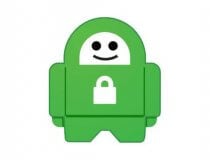
Private Internet Access
Use this awesome VPN for online banking to stay safe and make secure transactions anywhere.A lot of people believe that HTTPS is enough to stay safe when making online banking transactions. Although it’s designed to provide end-to-end encryption, HTTPS is not foolproof. But you can throw into the mix a trustworthy VPN like Private Internet Access to change that.
[wl_navigator]







